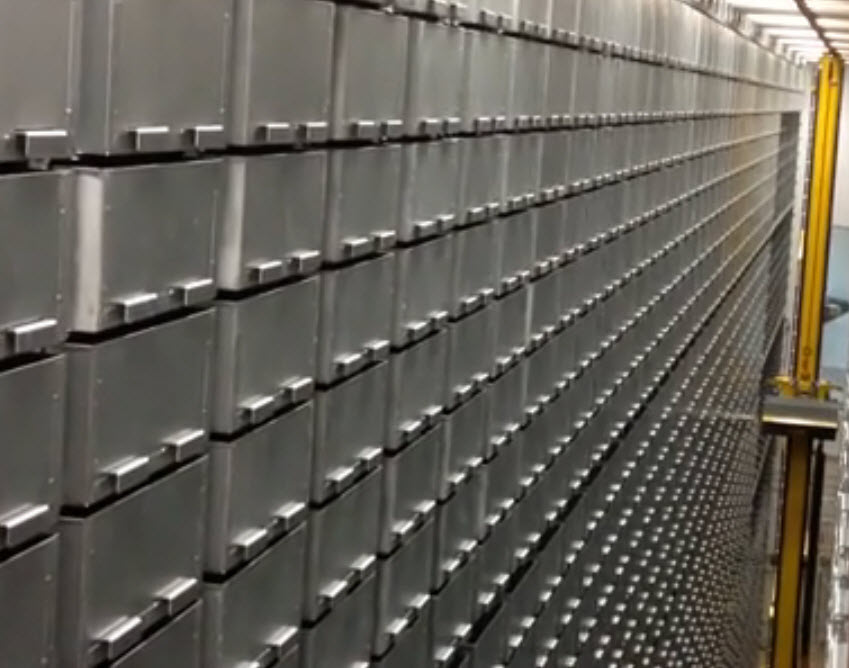‘Big data’ and cloud computing empower smart machines to do human work, take human jobs
January 28, 2013

The “bookBots” in the Hunt Library on Centennial Campus at NC State University will house over 2 million volumes of books. The Hunt Library will be one of the most high-tech, innovative libraries around the world. (Credit: NC State – College of Design)
From giant corporations to university libraries to start-up businesses, employers are using rapidly improving technology to do tasks that humans used to do.
That means millions of workers are caught in a competition they can’t win against machines that keep getting more powerful, cheaper and easier to use, the Washington Post reports.
To better understand the impact of technology on jobs, The Associated Press analyzed employment data from 20 countries; and interviewed economists, technology experts, robot manufacturers, software developers, CEOs and workers who are competing with smarter machines.
The AP found that almost all the jobs disappearing are in industries that pay middle-class wages, ranging from $38,000 to $68,000. Jobs that form the backbone of the middle class in developed countries in Europe, North America and Asia.
In the United States, half of the 7.5 million jobs lost during the Great Recession paid middle-class wages, and the numbers are even more grim in the 17 European countries that use the euro as their currency. A total of 7.6 million midpay jobs disappeared in those countries from January 2008 through last June.
Those jobs are being replaced in many cases by machines and software that can do the same work better and cheaper. …
So machines are getting smarter and people are more comfortable using them. Those factors, combined with the financial pressures of the Great Recession, have led companies and government agencies to cut jobs the past five years, yet continue to operate just as well.
(More)
“bookBots” in the new Hunt Library at NC State University from NC State – College of Design on Vimeo.